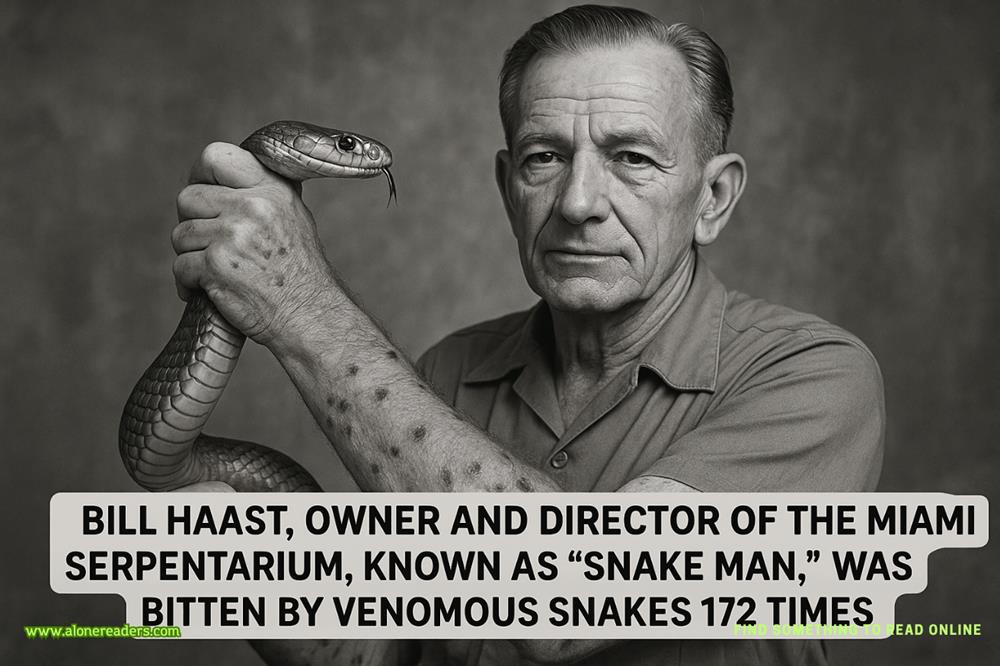Page 14 of Confounding Oaths
“And a Knight of the Garter,” added the Earl of Elmsley.
“Field marshal of His Majesty’s armies,” added Captain James.
“And Knight Grand Cross of the Bath,” added Mr. Caesar.
“And Count of Vimiera, Marquess of Torres Vedras, and Duke of Ciudad Rodrigo,” added Lady Mary.
“Field marshal of the Hanoverian army too, come to think of it,” added Captain James. “And marshal-general of the Portuguese and captain-general of the Spanish.”
“And Colonel of the Horse Guards,” Lady Mary finished.
“Yes, yes,” conceded Lord Hale, “he has a lot of titles. But that doesn’t mean we should acquiesce to him in every instance.”
On that one point, Mr. Caesar was in very slight accord with his uncle. “Well, no, but I think we can probably trust him to know a good officer when he sees one.”
Major Bloodworth, who had remained at least mostly silent for the majority of this exchange, could hold his peace no longer. “By God, man, I’ve had about my fill of your insolence.”
With a serene smile, the Earl of Elmsley turned to Lord Hawksmoor. “You see, Reginald, I really think this is just a private disagreement. And I’m sure the most sensible thing is to look at this as a matter between Johnny lad and the major here. One that I’m sure they can resolve amicably and put behind them.”
Amicability, to nobody’s delight except mine, was far from the major’s mind. Indeed his thoughts seemed to be heading down a more drastic path. In unrelated news Imayhave conjured the scent of gunpowder beneath his nose at a strategic moment. “Oh, we can put it behind us,” he said with an ominous tone suggesting that he did not meanby forgetting the whole thing ever happened.He had approached very close to Mr. Caesar now, and was glaring at him the way a dog glares at a burglar’s leg. “Will you give mesatisfaction,sir?”
As I have intimated several times, I do not normally like Mr. Caesar. I find him stuffy in most circumstances, insufferable inothers, and fleetingly amusing only when he is frustrated. But he earned my temporary approval when he looked the major squarely in the eye and said, “I didn’t realise your inclinations ran in that direction.”
In retrospect, Mr. Caesar realised, his response to the question had made a duel inevitable. He had hoped that since duelling was at the very least strongly discouraged in the armed forces and that killing a man in a duelwasstill legally murder, Major Bloodworth might not be quite so foolish as to follow through on the challenge.
Now he chided himself for not remembering that it wasneverwise to bet against the foolishness of men like Major Bloodworth. So the event had been set, nominally at least, to take place upon Hampstead Heath at dawn three days hence. Which left Mr. Caesar with little time to prepare to fight or, as might be, to prepare himself for the social consequences of failing to fight.
That evening, the Caesars—excluding the Earl of Elmsley, who had a seldom-used London house to which he preferred to retire—hosted Captain James at an informal dinner. It was, by the standards of the day, an intimate affair. Just the Caesars, Captain James, Miss Mitchelmore, and Lady Georgiana. It was also, by the standards of the day—or at least by the standards of the ton—a meagre affair. The elder Mr. Caesar did not earn much from his writing and speaking engagements, and most of Lady Mary’s inheritance was bound up with her various charitable commitments. The gossip sheets had, for a while, made great play of the fact that the Earl of Elmsley’s youngest daughter lived like aQuaker, but, since she had persisted in taking the observation as a compliment, they had eventually stopped out of spite.
The whole concatenation of circumstances put Mr. Caesar in a tangle of conflicting thoughts and priorities that to my fairy senses was like a well-aged wine. In any other situation, he would have found the company of the captain delightful, but in any other situation, he would not have been three days from death.
“You didn’t have to do this,” protested Captain James as Nancy came around with the soup. Soup into which I had infiltrated myself disguised as a stray potato peeling.
“I’ll say they didn’t,” Nancy replied. “No notice I’ve had, and guests for dinner all the same.”
Miss Mitchelmore—still as conventionally pretty and as fashionably demure as she had been before all that messy business last year—cast Nancy an apologetic look. “I’m so sorry, we shouldn’t have come. And we were no help at all with the hearing.”
“But it did get us out of an evening at the opera,” added Lady Georgiana. “For which I am eternally in your debt.” Given her prior experience with the unnatural, it surprised me that Lady Georgiana was so casual with such language. You shouldneversay you are eternally in something’s debt. One day you might meet a creature that takes you seriously.
That proved a good enough segue for the younger Mr. Caesar, who turned to the captain with an expression of carefully calculated regard. Surviving society meant concealing his feelings about more or less everything, and that made it hard to conjure sincerity when it was needed. “And on the subject of debt,” he tried, “it is only right that we repay you properly for your assistance.”
However well it might have been meant, the captain took it otherwise. “I’ve no need to be bought.”
“That we thank you, then,” Mr. Caesar corrected himself. “You can surely have no objection to gratitude.”
“Depends whose gratitude,” replied the captain, with a smile I personally interpreted as promising and which Mr. Caesar couldn’t quite bring himself to interpret similarly.
Miss Caesar and Miss Anne, for all they were inured to the tiresome pleasantries of their society, could be quiet no longer. Neither their servant’s inconvenience nor their guest’s amenability to recompense was the matter that interested them. Like me, they were here for the blood.
“Are you truly to fight a duel?” Miss Anne asked her brother.
And to that the younger Mr. Caesar had no easy answer.Yeswas hubristic,nowas cowardly, and the man he wanted to be hovered somewhere between the two. “Well …” he began, and when that seemed inadequate he added, “That is to say …”
“I sincerely hope he will not,” put in Lady Mary. “It would be neither safe nor seemly.”
Lady Georgiana was smiling the kind of smile I at once understood and appreciated. “True, but safety and seemliness are both highly overrated.”
“Seemliness perhaps”—Lady Mary’s tone was sharp, her advantage in years over Lady Georgiana compensating for her disadvantage in rank—“but not safety.”















